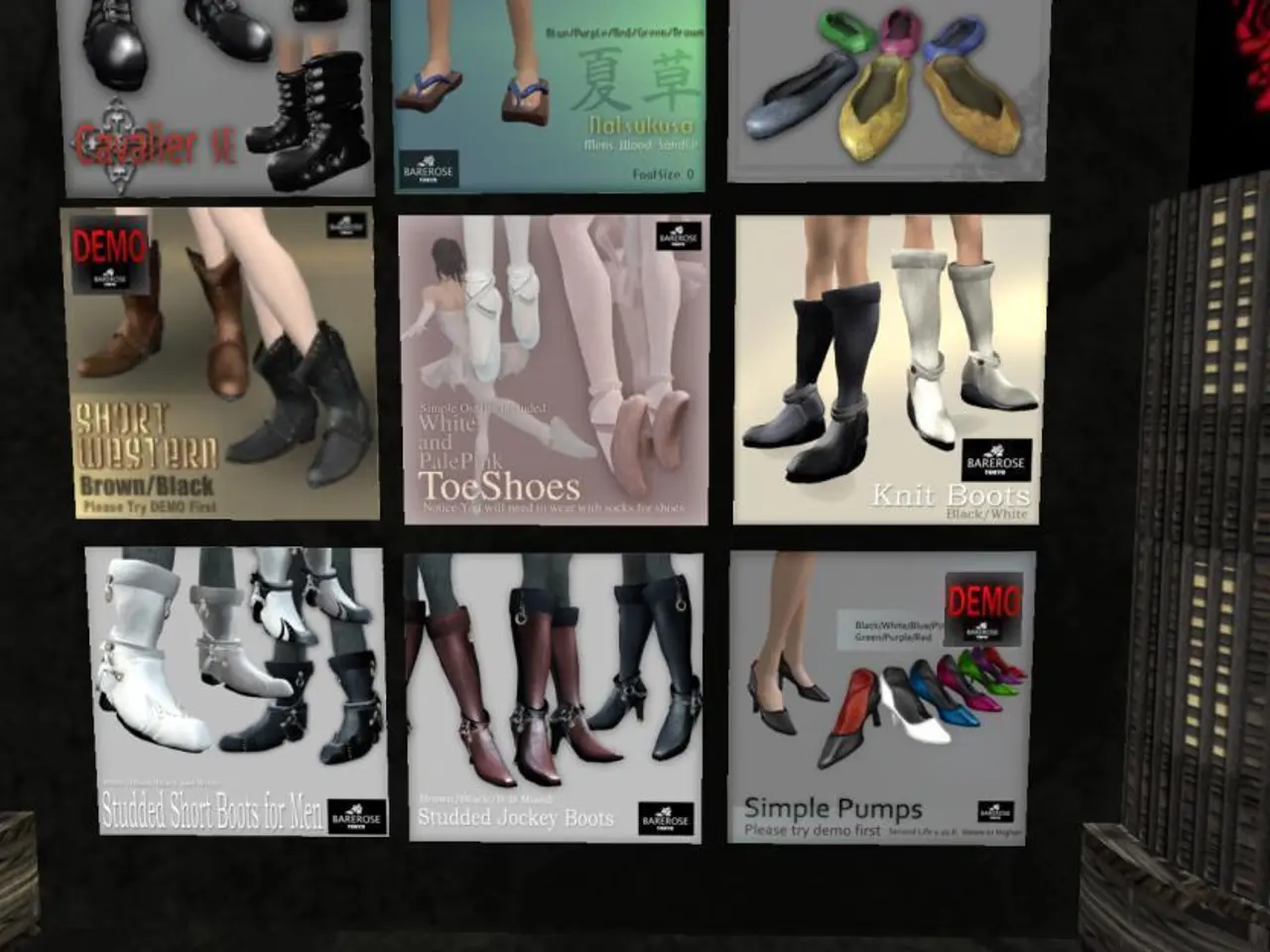Nike and StockX Settle Intellectual Property Dispute Over Digital Shoes and Counterfeit Products
In a significant move for the tokenized goods market, Nike Inc. and StockX, a Detroit-based online marketplace, have settled a three-year-old case in New York federal court. The case, which began in February 2022 when Nike accused StockX of trademark infringement and dilution, has now been resolved, cutting plans for a trial short.
The settlement, made over sneaker-linked NFTs and trademark misuse, marks a key moment in the tokenized collectible market. According to Hank Huang, CEO of Kronos Research, the market is entering a more disciplined phase. This settlement reinforces the importance of brand approval for NFTs, as Nike argued that StockX's NFTs were likely to confuse consumers and create a false association.
The resolution of the Nike-StockX case underscores the need for trademark rights in building credible, compliant platforms in the tokenized collectible market. This comes as no surprise, given that RTFKT's closure, a phygital studio influential in blending NFTs with physical goods, demonstrated the fragility of hybrid models when brand control and IP compliance are unclear.
StockX countered that its Vault NFTs were designed to track ownership of frequently traded physical products. However, the settlement dismisses all claims with prejudice, suggesting that NFTs functioning as receipts for physical goods may survive, but tokens drifting into standalone collectibles without brand approval may face legal pressure.
Judge Valerie Caproni granted Nike partial summary judgment in March 2025, finding StockX liable for distributing counterfeit goods tied to four pairs of shoes sold to Nike's investigators and 33 pairs sold to a customer named Roy Kim. The settlement took a jury trial scheduled for October off the calendar, signalling a shift towards more disciplined practices in the tokenized collectible market.
As the tokenized collectible market continues to evolve, it is expected that there may be less tolerance for gray-area resale platforms. Hank Huang, known for emphasizing the rising trend of crypto exploits in correlation with soaring cryptocurrency prices, also notes that NFTs are no longer considered a legal gray area. With improved security measures and AI-driven technologies, the crypto ecosystem is moving towards a more secure and compliant future.







